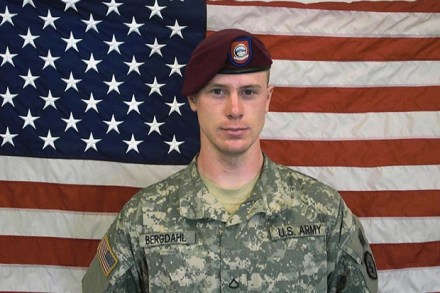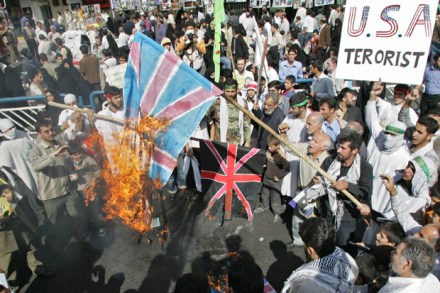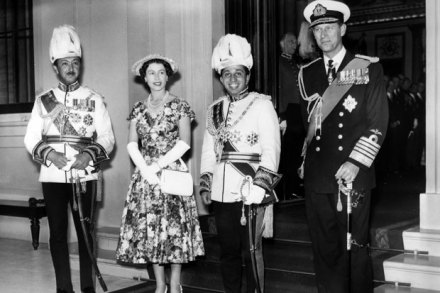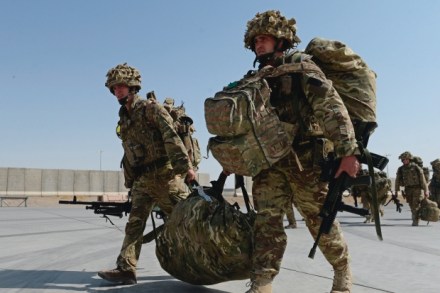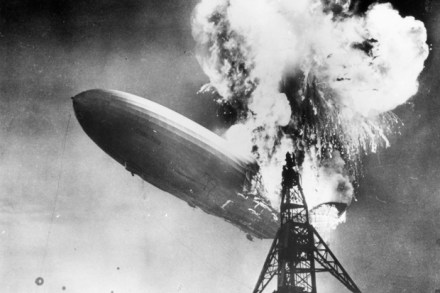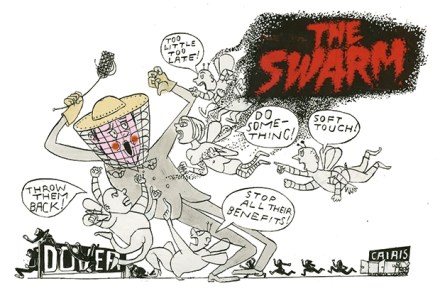Nancy Hatch Dupree, 1927-2017: the preserver of Afghan culture
Nancy Hatch Dupree died in Kabul on Sunday, 10 September. Nancy Hatch Dupree is sitting in the Gandamak Lodge, the Foreign Correspondents hang-out in Kabul. Most of the other diners, and almost all those propping up the bar, are shaven-headed, gym-going young men in their twenties and thirties: a scrum of adrenalin-surfing hacks and cameramen who grew up watching movies like Salvador and The Year of Living Dangerously and who now fill the bar room with their tales of derring-do in Helmand and close-shaves in Lashkar Gah. None of them, however, have half as good a seem of stories as this tiny, bird-like 86 year old woman, picking at her








